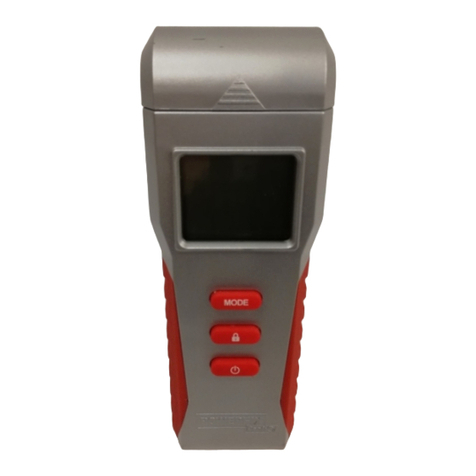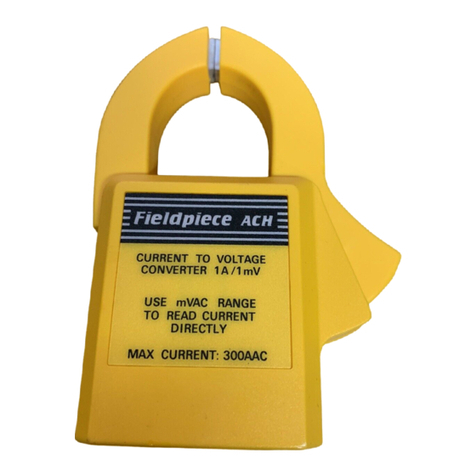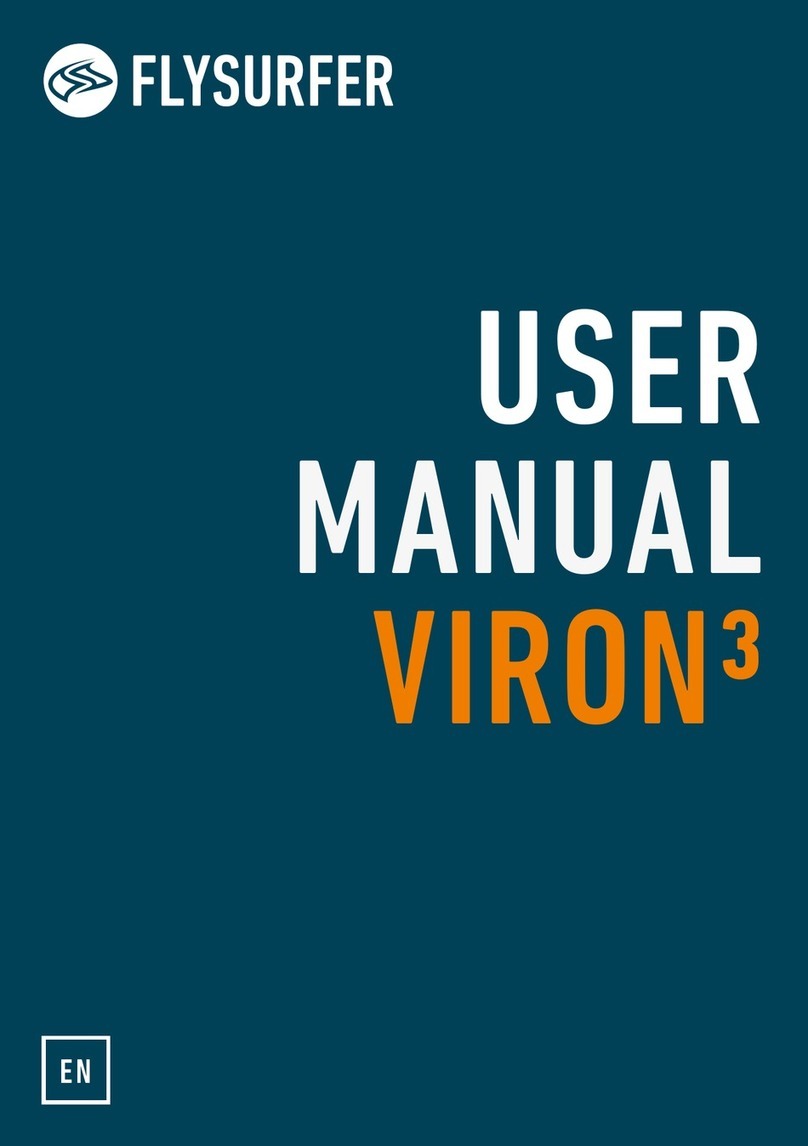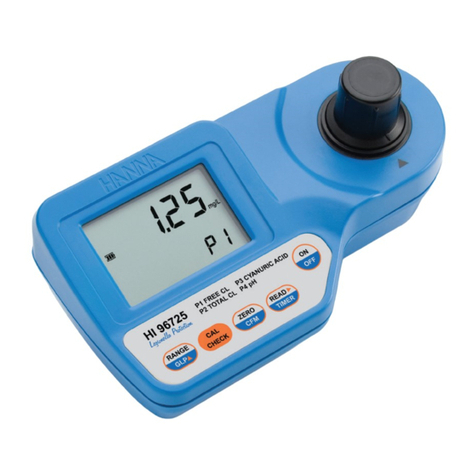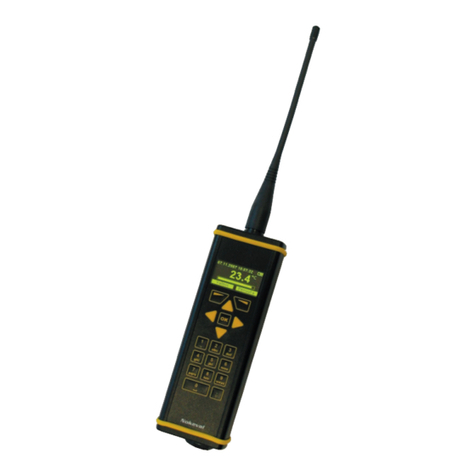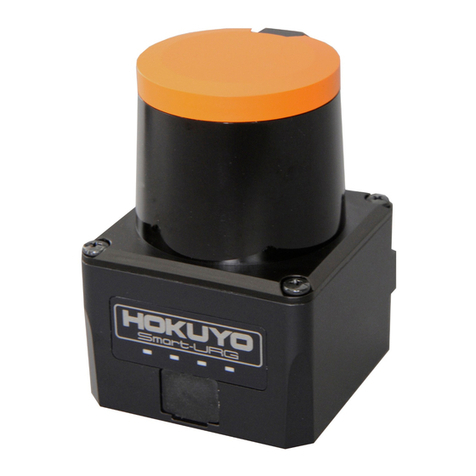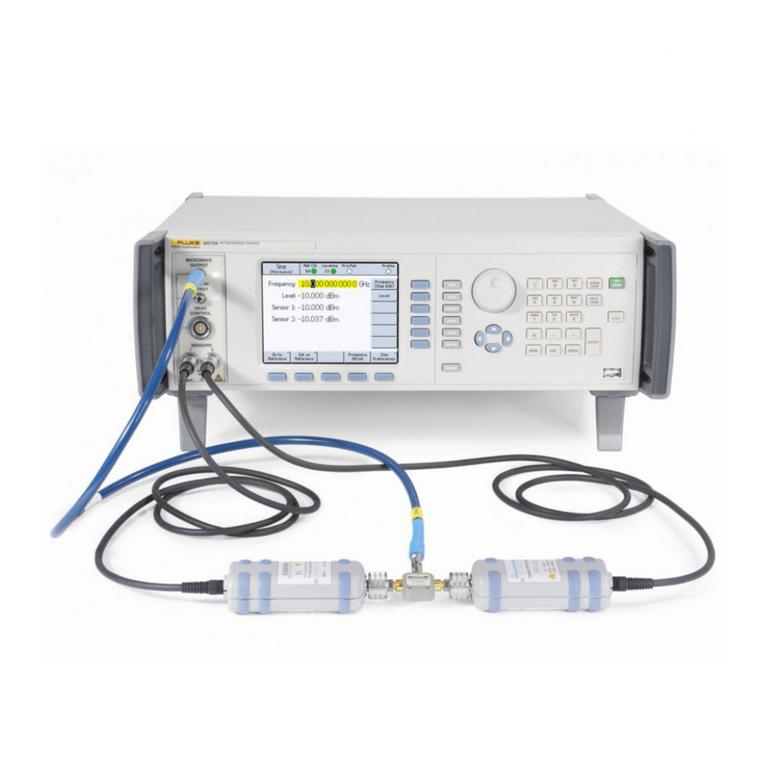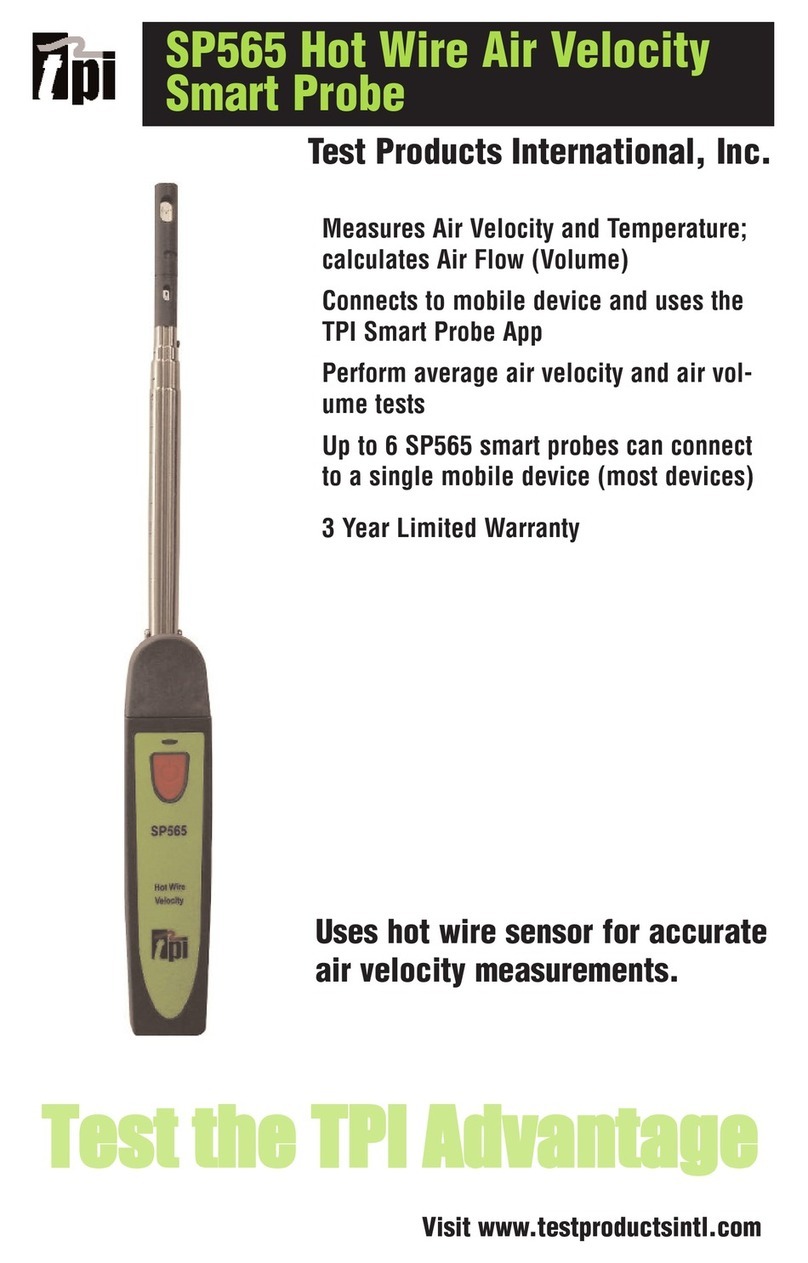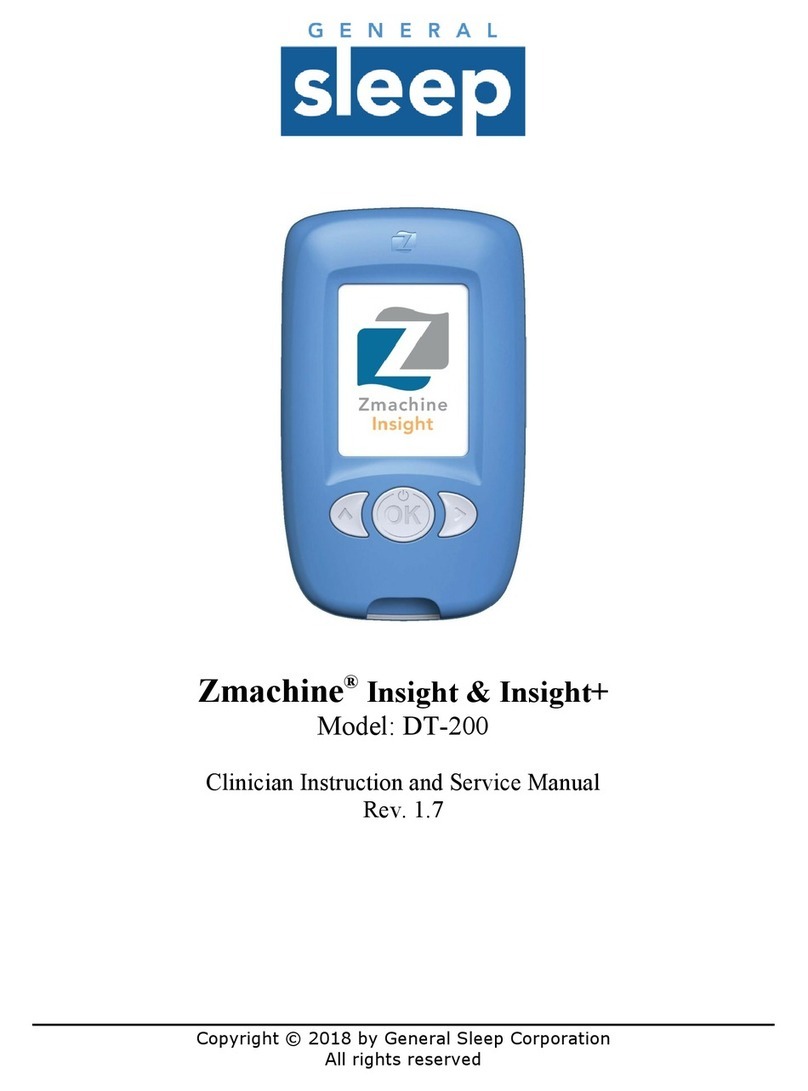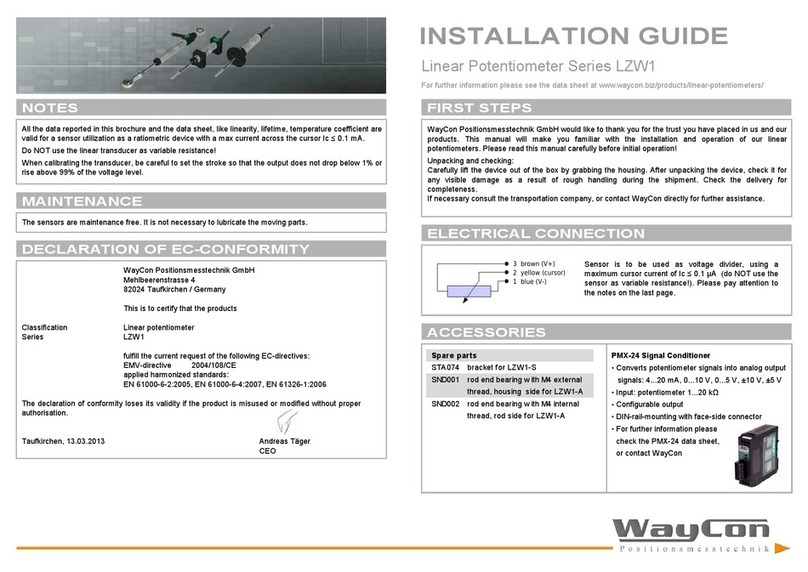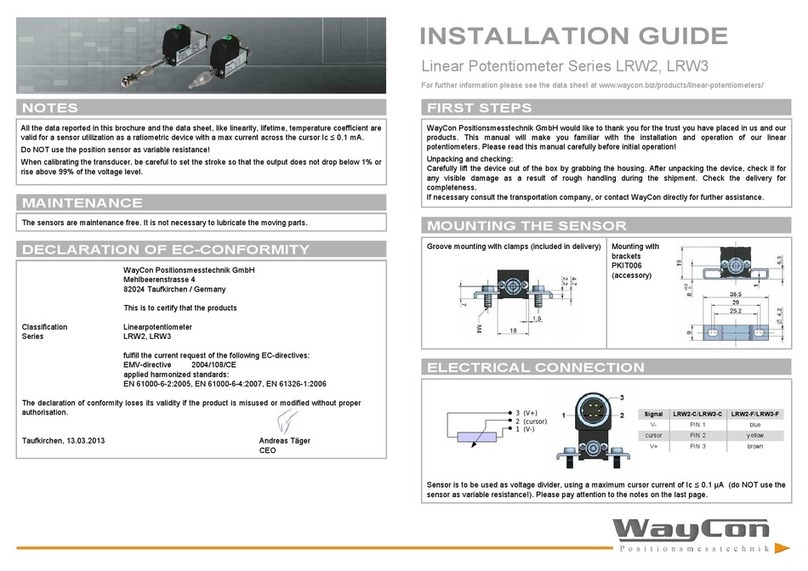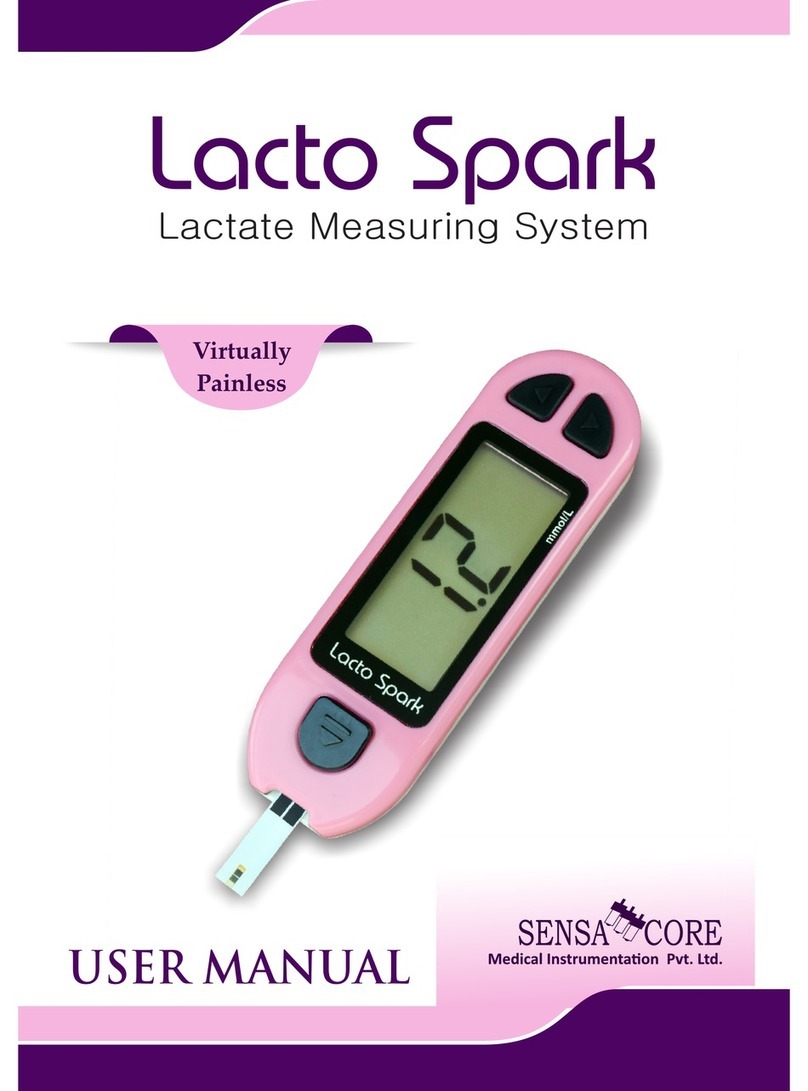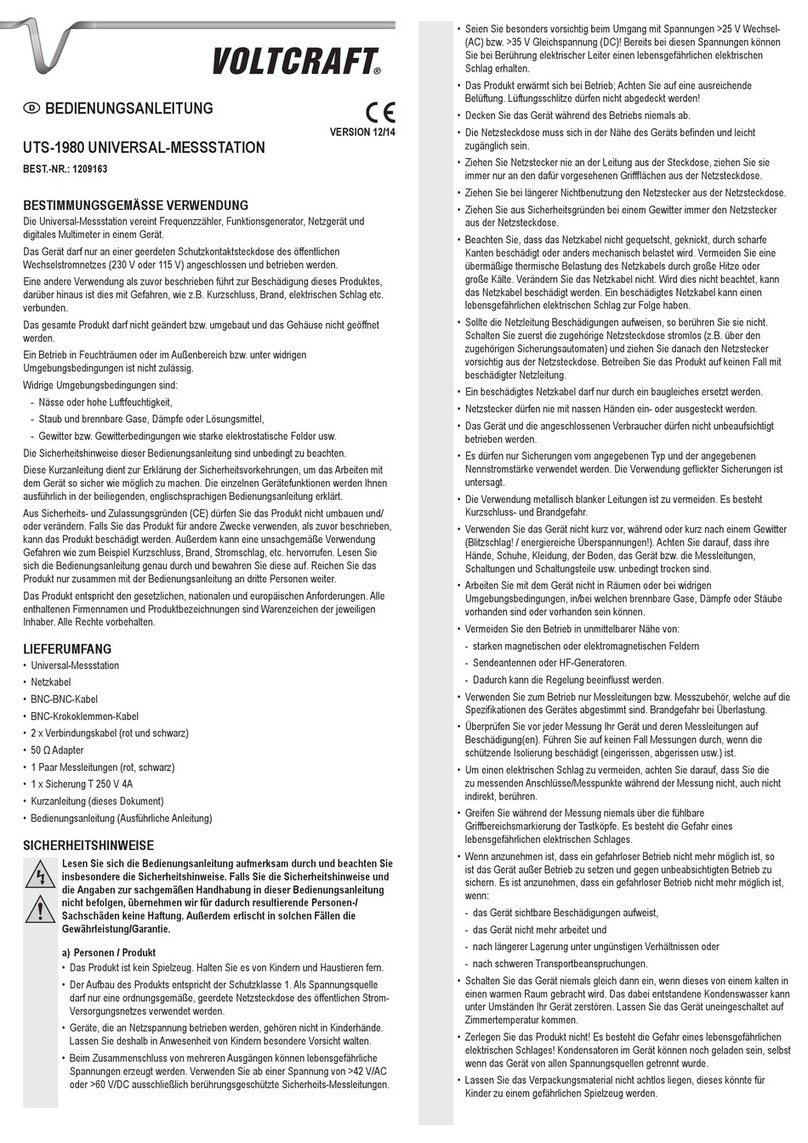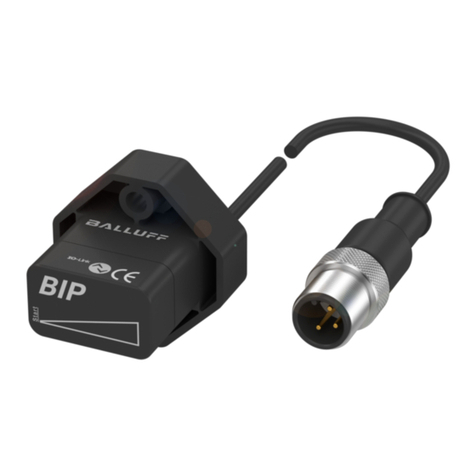
LLD-150-PROF2Manual Content
Page 3
Phone: +49 (0)381 / 44073-0 Fax: +49 (0)381 / 44073-20
I. Content
1 General.......................................................................................................6
2 Safety Instructions ..................................................................................... 8
2.1 General Safety Instructions ............................................................... 8
2.2 Intended & Conforming Use ............................................................. 8
2.3 Nonconforming use...........................................................................8
2.4 Laser Classification ............................................................................ 9
2.5 Electric Supply ................................................................................. 10
2.6 Important Operating Advice ........................................................... 10
3 Technical Data..........................................................................................11
4 Mounting ................................................................................................. 13
5 Electrical Connection ............................................................................... 15
5.1 LLDRear-Side Cover Terminals......................................................... 15
5.2 Assignment of Terminals................................................................. 16
5.3 Profibus DP...................................................................................... 16
5.4 RS232 Serial Interface ..................................................................... 16
5.5 Programming Cable......................................................................... 17
5.6 Shield and Grounding...................................................................... 18
6 Limiting Values for Voltages ....................................................................19
7 Start up .................................................................................................... 20
8 Parameters and Control via RS232 .......................................................... 21
8.1 General............................................................................................ 21
8.2 DT –distance tracking ..................................................................... 24
8.3 DS –distance tracking (<7 m).......................................................... 24
8.4 DW –distance tracking with target board (10 Hz) ..........................24
8.5 DX –distance tracking with target board (50 Hz) ........................... 25
8.6 DF –distance measurement with external trigger.......................... 25
8.7 DM –distance measurement .......................................................... 26
8.8 TP –internal temperature [°C] ........................................................ 26
8.9 SA –display/set average value [1..20] ............................................ 26
8.10 SD –display/set display format [d/h/s}] ......................................... 26
